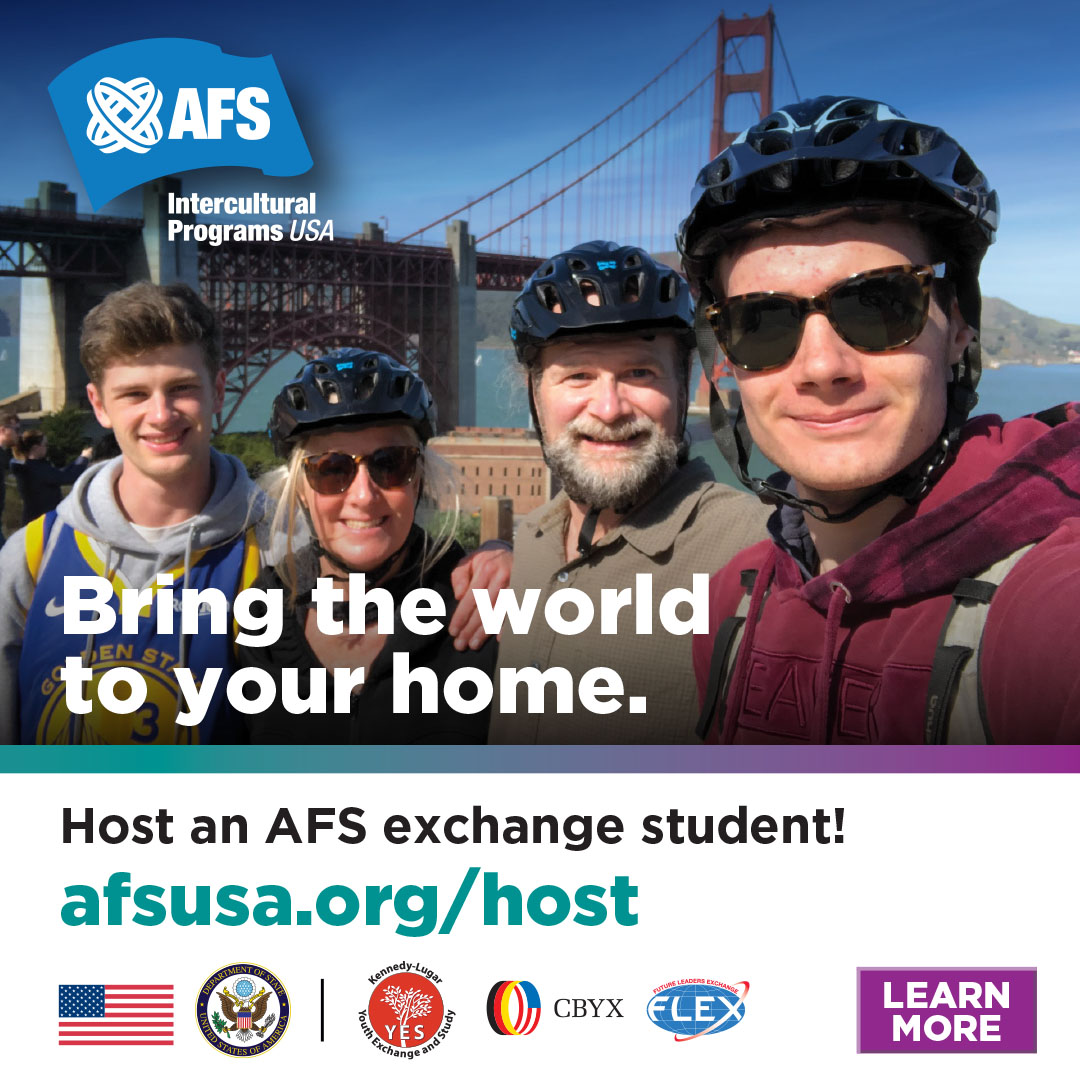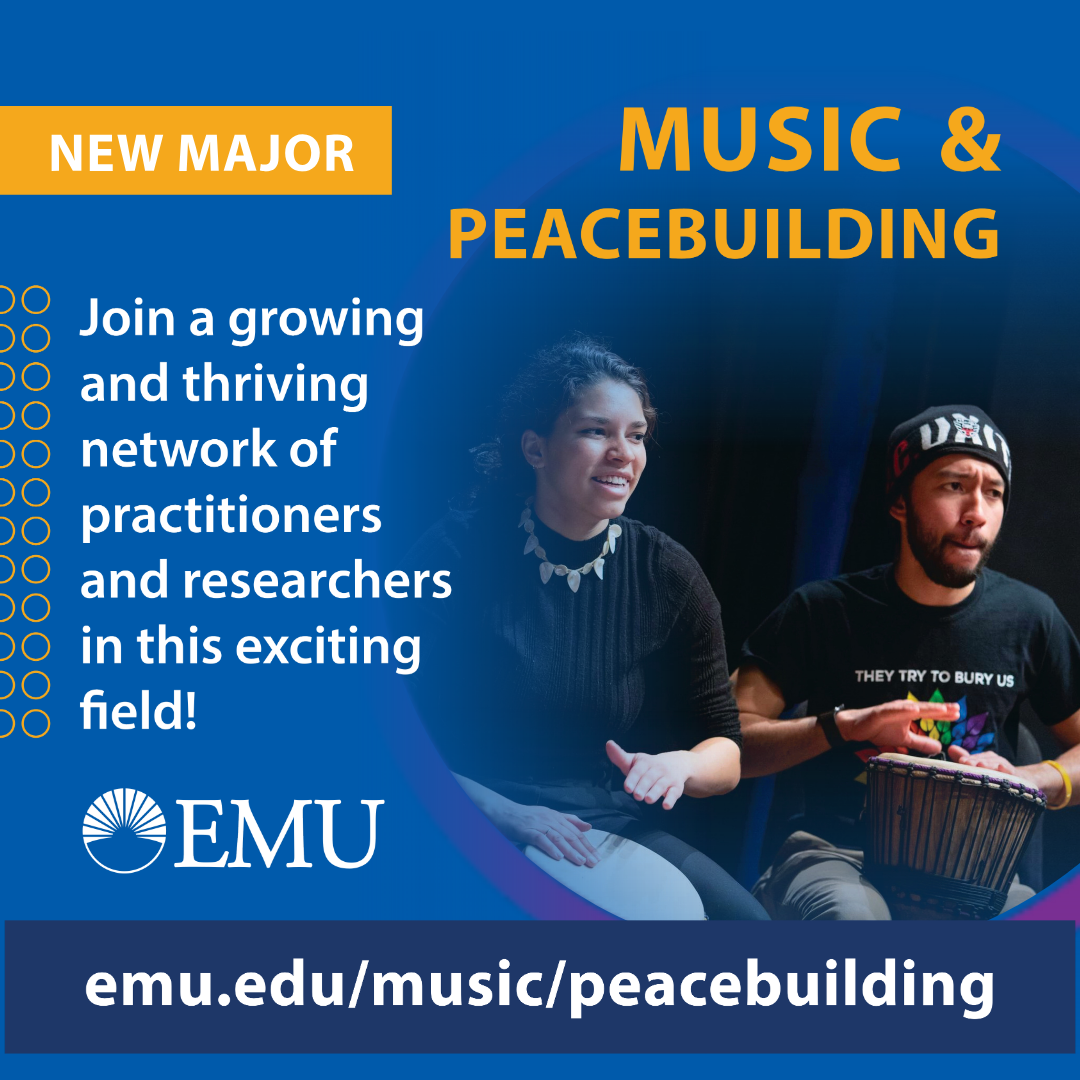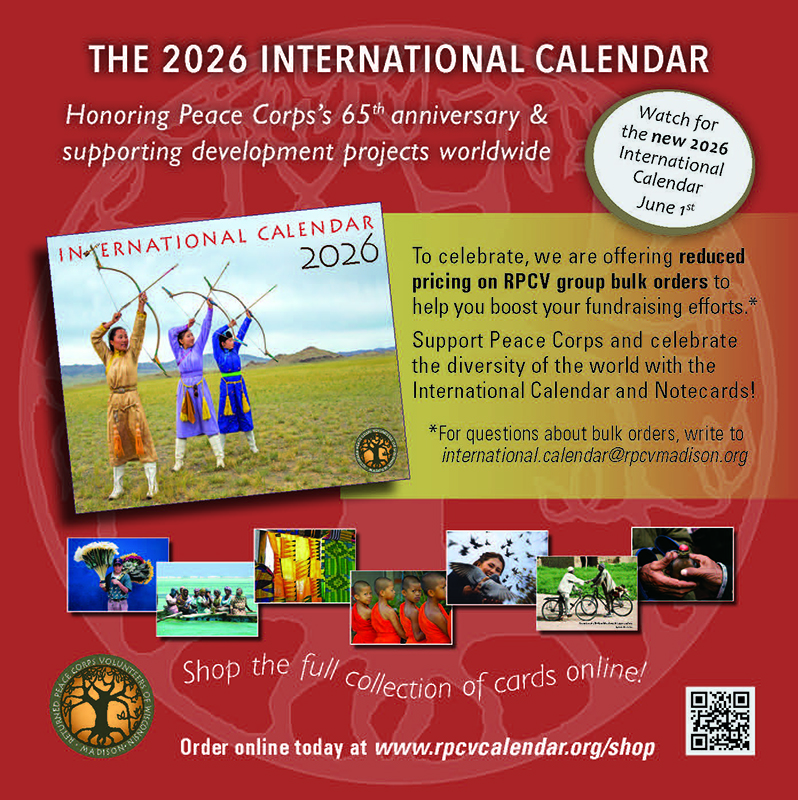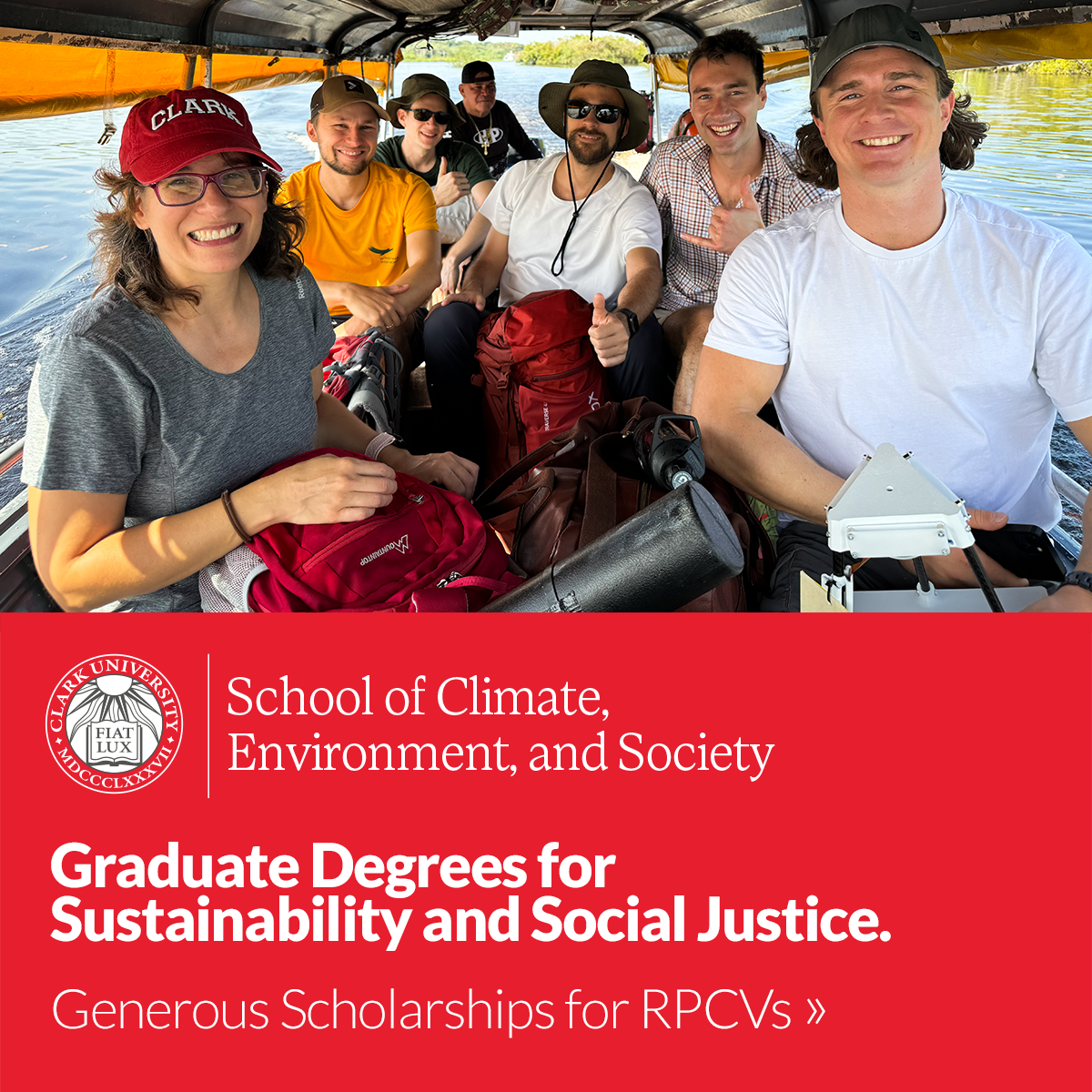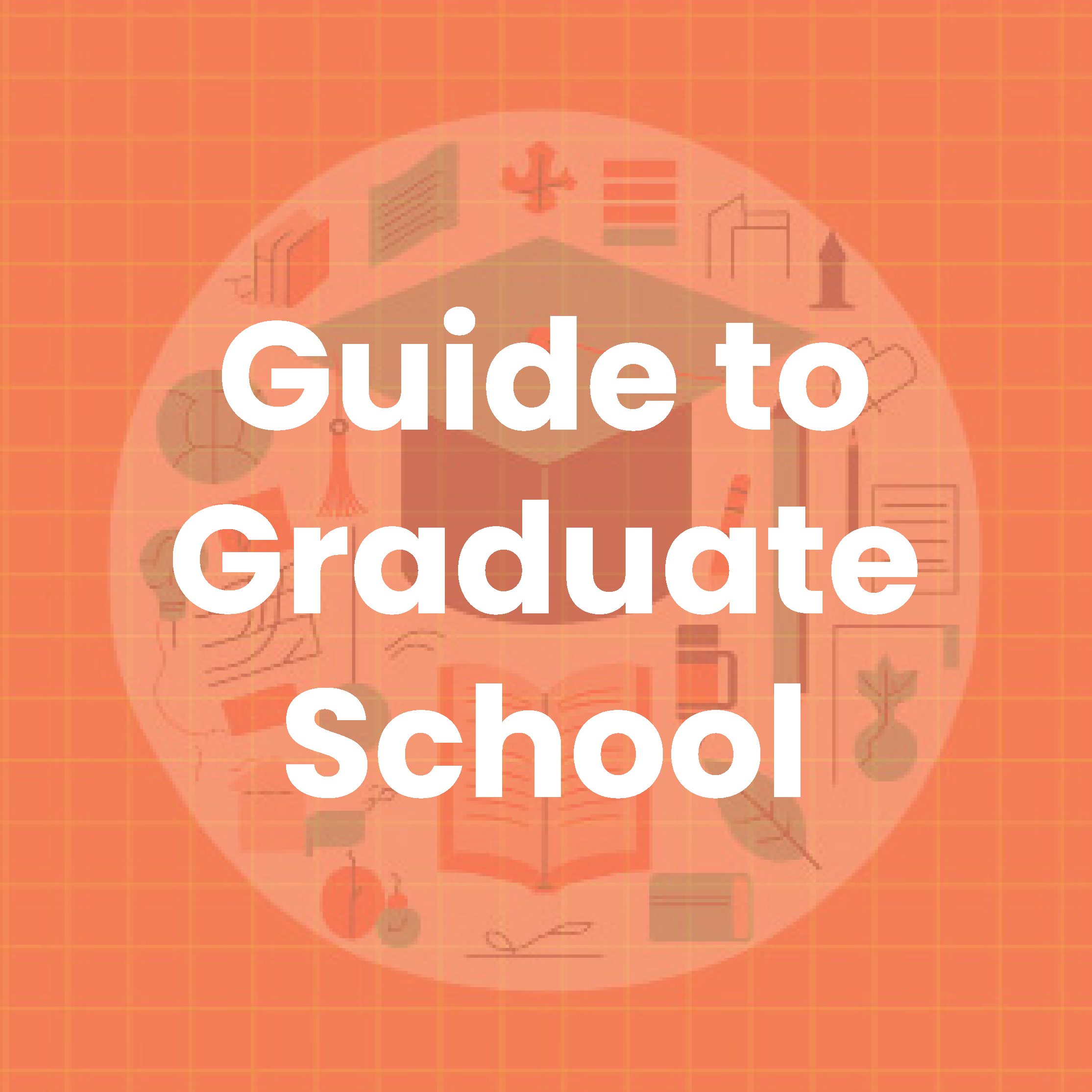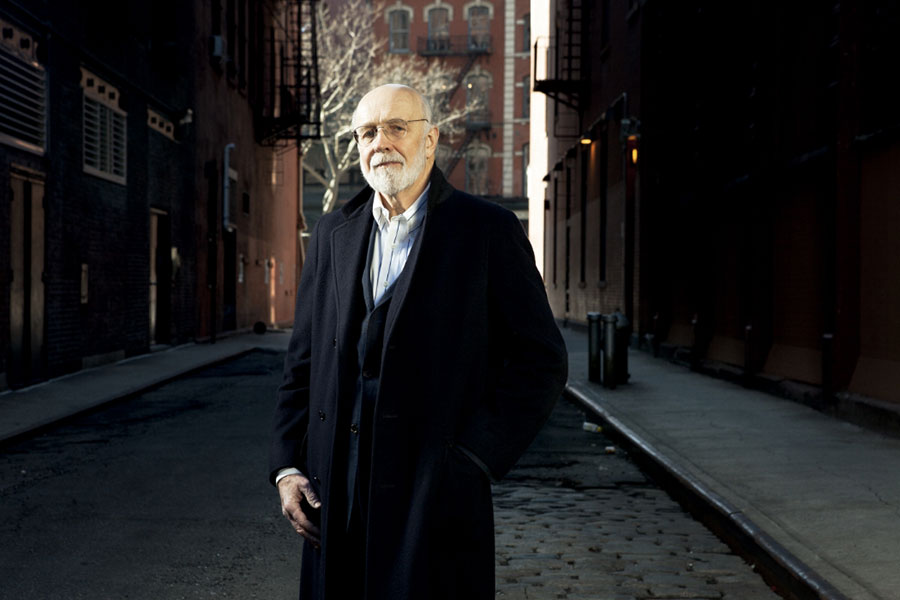
Made in America
How one RPCV’s service evolved into a multimillion-dollar company and a lifetime of entrepreneurship
Charlie Clifford (Peru 1967–69) is the founder of Tumi Inc., a global travel luggage brand, as well as Roam Luggage. He spoke with WorldView editor Robert Nolan about how Peace Corps helps develop entrepreneurial skills and gives RPCVs the tools and confidence to start their own business ventures.
RN: What skills did you learn in Peace Corps that helped you when you embarked on a business career upon your return?
CC: I think it takes a certain amount of entrepreneurial DNA to be interested in something like the Peace Corps. Once you’re assigned to a particular location, everything you’ve spent time learning about during your training, you sort of put it to one side, and it’s a whole new thing. And if you’re not willing to take chances and roll up your sleeves and determine how you can be useful, it could be a frustrating experience. I think the ability to learn, adjust, and adapt to different, often unexpected circumstances was a major benefit of serving for two years in Peru.
RN: How did you embark on what would become a very successful business career when you got back?
CC: After working in food retail for four-plus years, I began talking with a friend of mine about setting up a business focused on bringing in handcrafted products from Peru, and if you will, reconnect with Peru. Eventually, we decided to set up a company doing leather bags, specifically from Colombia at that time. That was in 1975.
RN: And the company soon expanded beyond just leather bags?
CC: It was about 1982, and we realized that leather bags had some limitations. They get dirty, they get scratched. They’re more difficult to clean than synthetic bags. So when we started on luggage and travel bags, it was pretty clear that we had to move into some form of nylon bag that withstood the rigors of travel very well. So ballistic nylon [manufactured in the U.S.] became the hallmark of Tumi. At our peak
we had around 300 employees and were doing $140 million in business.
RN: How did you come up with the name Tumi?
CC: We’d always been enthralled by a pre-Colombian idol shaped like a knife that was used for a variety of things. The figure is well known in Peru, and particularly in the area where we served. Some people would think [the name] was Italian, other people might think it was Japanese or Finnish. But it had an international ring to it, so that’s what we went with.
RN: And you’ve since gone on to start another luggage company, Roam.
CC: I decided to continue to be active in business rather than retire. I’m not a golfer. I’m not a fisherman or a hunter. In 2017, we set up a new company that would work with a New York–based industrial design firm, came up with a design concept, named the company Roam, and decided that we would go to market with hard-side luggage that was fully customizable. We could create this built-to-order model by manufacturing one by one in America. That was the crux of it. The market strategy was that we would assemble the product in America.
RN: What advice do you have for returned Volunteers s who want to start their own business?
CC: I think it’s always helpful to work at a company where you can get comfortable with the basics of what a business needs to do to succeed. There are some people who go right from school or can go right from the Peace Corps and have the wherewithal to create a successful company. And I don’t want to discourage that, but I think it’s helpful to cut your teeth with somebody else and learn by doing. Even if
somebody has a business degree, there’s nothing like being in the real world and having to deal with problems that look a little bit different when you face them in your daily activity as opposed to a textbook.
Related Articles
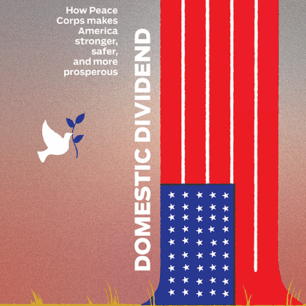
Spring/Summer 2025 Issue
This special issue of WorldView makes the definitive case for how Peace Corps makes America stronger, safer, and more prosperous.
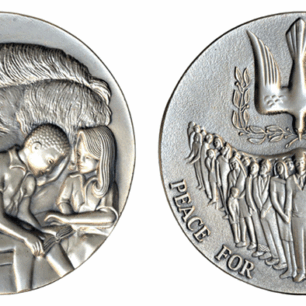
Return on Investment
As federal funding for international aid and cultural exchange programs continues to shrink, policymakers are increasingly asking whether these initiatives…
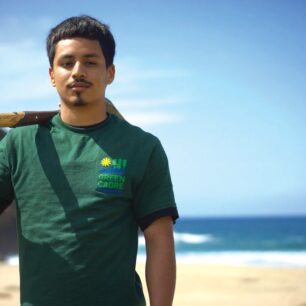
“Bigger Than Peace Corps”
California Service Corps is the largest state-based service program in the U.S. , with more than 10,000 volunteers across the…
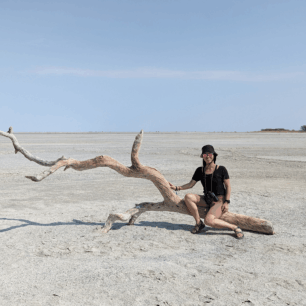
Signal Boost
The digital world is awash in voices seeking monetary reward or improved social status, as the online acronym goes, IRL…

